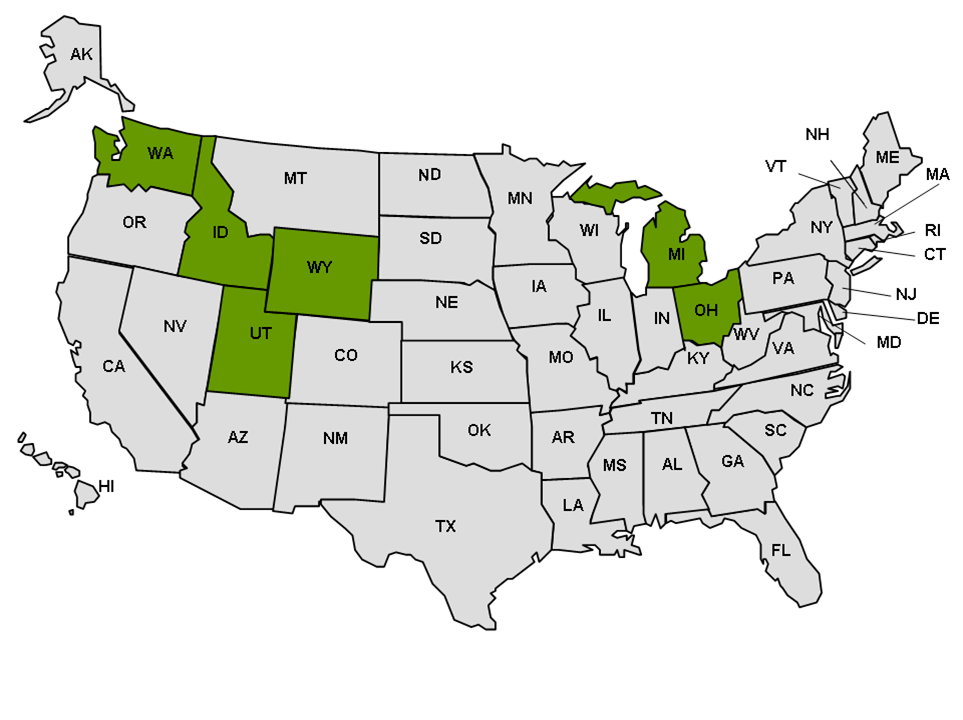OVERVIEW
Beck rights, also known as “paycheck protection,” provide workers an opportunity to decide if their compulsory union dues can be used for non-collective bargaining purposes, such as political activities.
In Communications Workers of America v. Beck (1988), the Supreme Court clarified that nonunion employees who work under a union security agreement, and therefore are required to pay union dues, are not required to contribute to union-supported political causes.
Employees who choose not to be union members have the right to object to the mandatory use of their union dues and fees for expenditures that are not related to representational activities. In the Beck case, the Supreme Court concluded that the National Labor Relations Act (NLRA) does not permit a union to collect and expend dues beyond those necessary to finance collective bargaining, contract administration, and grievance adjustment if a nonunion member objects to the use of dues for political, legislative, social or charitable purposes.
On Feb. 17, 2001, President George W. Bush took a step toward protecting workers by issuing Executive Order 13201, “Notification of Employees Rights Concerning Payment of Union Dues or Fees.” This order required all federal contractors to notify employees that they have the right to be refunded any union dues used for political purposes. A federal district judge overturned the executive order on the grounds that it violated the NLRA; however, the U.S. Court of Appeals later voted to reverse the decision and uphold the president’s executive order.
On Feb. 4, 2009, President Obama issued Executive Order 13496, which repealed the Bush Executive Order 13201. Executive Order 13496 requires federal contractors to post a notice in their workplace containing an incomplete and biased list of employee rights, omitting the rights protected under Beck. A subsequent rule, promulgated by the U.S. Department of Labor (DOL), was finalized with no substantive changes in May 2010. ABC strongly opposed the notice, citing among other concerns its lack of paycheck protection language.
After the DOL rule was finalized, the National Labor Relations Board (NLRB) issued a separate rule to require a nearly identical poster for all employers covered under the NLRA (which includes the construction industry). Under the NLRB’s “employee rights” notice posting rule, employers would have been required to display an 11-by-17-inch poster in their workplace without Beck language. An ABC-led coalition and various other plaintiffs filed legal challenges against the NLRB rule asserting that the NLRB lacks the statutory authority under the NLRA to issue the notice posting rule. The U.S. Court of Appeals for the District of Columbia Circuit granted an injunction delaying implementation of the rule until the court issues a decision on the underlying legal challenge.
ABC will continue to advocate for paycheck protection for all American workers throughout the 112th Congress.
STATE PAYCHECK PROTECTION LAWS
Six states have enacted some form of paycheck protection for workers in their states.

ABC SUPPORTS
- Paycheck protection for all American workers. Employees have a right to know how their union dues are spent and to stop money from being taken out of their pockets that is not used for legitimate collective bargaining purposes.
- Stricter disclosure and paycheck protection requirements. Employees may be able to reduce their union payments by several hundred dollars.
ABC OPPOSES
- Unions spending dues on activities unrelated to union functions, without asking workers for their permission or telling them how they plan to spend members’ money.
- Any current or future policy or regulation that requires employers to post so-called “employee rights” notices in their workplaces that lack Beck language. Furthermore, notice posting requirements of any kind should not be permitted without statutory authority.